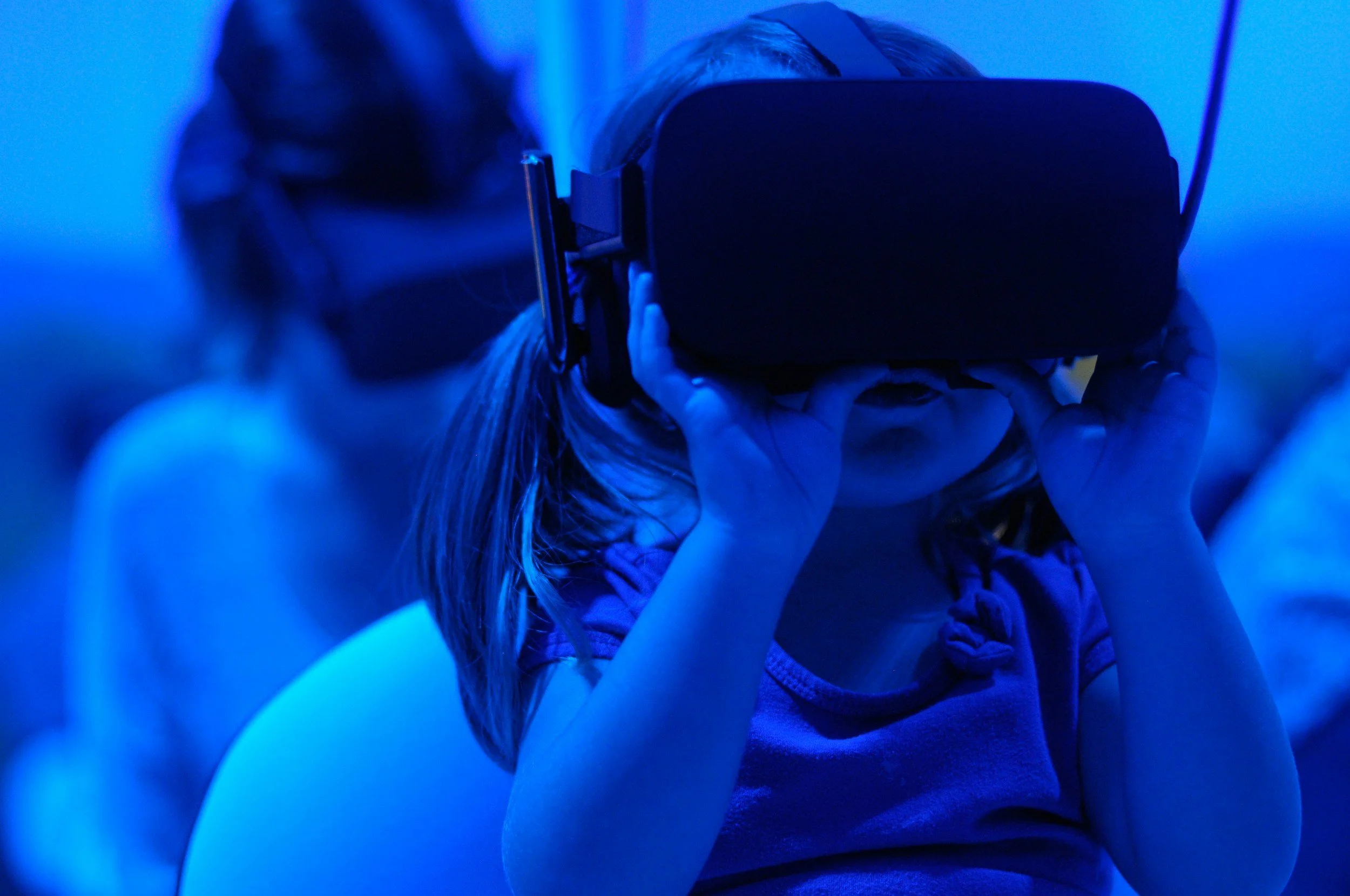5 Signs Your Child May Be at Risk of Online Sexual Exploitation
As parents and guardians, we want to believe our children are safe in our digitally connected world. Yet the reality is both sobering and urgent: online exploitation of minors has increased dramatically, with predators becoming increasingly sophisticated in their targeting methods. At the Bianca Modo Foundation, we've witnessed firsthand how crucial early intervention can be in preventing exploitation.
This isn't about fear-mongering – it's about empowerment through awareness. When we understand the warning signs, we can have meaningful conversations with our children and take practical steps to protect them while still allowing them to benefit from the digital world.
Here are five critical signs that your child might be at risk:
1. Sudden Secrecy Around Digital Devices
While privacy is normal for growing children, watch for abrupt changes in online behavior. If your once-open child suddenly:
Switches screens or closes devices when you enter the room
Becomes extremely protective of their phone or tablet
Gets unusually agitated when you ask about their online activities
Creates multiple social media accounts they try to hide
These changes could indicate they're engaging in conversations they know you wouldn't approve of – often with someone who has instructed them to keep the relationship secret.
2. Unexplained Gifts or Money
Digital exploitation often begins with grooming, where predators build trust through gifts. Be alert if your child:
Receives unexpected packages or online game credits
Has new clothes or electronics they can't explain
Suddenly has extra spending money
Becomes evasive about where items came from
Remember: predators often pose as wealthy peers or generous mentors to gain trust.
3. Changes in Sleep Patterns and Online Hours
Many exploiters operate during late hours when they assume parents are sleeping. Pay attention if your child:
Stays up unusually late online
Appears exhausted during the day
Becomes defensive about nighttime internet use
Shows signs of sleep deprivation
These patterns often indicate they're communicating with someone in different time zones or someone who's specifically chosen late hours for secrecy.
4. Emotional and Behavioral Changes
While mood swings are normal in young people, watch for:
Sudden withdrawal from family and real-world friends
Increased anxiety when receiving notifications
Emotional outbursts when internet access is limited
Signs of depression or self-harm
Discussing adult topics or sexual content inappropriate for their age
These changes often indicate they're under emotional manipulation or stress from inappropriate online relationships.
5. New, Older "Friends" They've Never Met
One of the most concerning signs is when children talk about new friends who are:
Significantly older
Known only through the internet
Impossible to verify or meet
Described as "different from other adults" or "the only one who understands"
What You Can Do
If you notice these signs, remember – shame and punishment aren't the answer. Instead:
Keep communication open and non-judgmental
Express concern without blame
Seek professional help when needed
Report suspicious behavior to law enforcement
Consider age-appropriate monitoring software
Connect with other parents facing similar challenges
Prevention Through Understanding
The best protection comes through prevention. Have regular, open conversations about:
Online safety and privacy
The tactics predators use
What constitutes healthy relationships
Who they can turn to if something feels wrong
Most importantly, ensure your child knows they can come to you without fear of punishment if something doesn't feel right online.
Need Support?
If you're concerned about your child's online safety or need guidance in having these crucial conversations, reach out to us at the Bianca Modo Foundation. We offer confidential support, resources, and practical tools for families navigating these challenges.
Contact us at info@biancamodofoundation.org for immediate assistance or to access our parent support resources.
Remember: You're not alone in this. Together, we can protect our children while empowering them to be safe, confident digital citizens.





